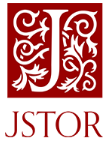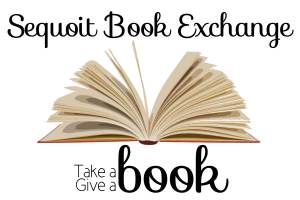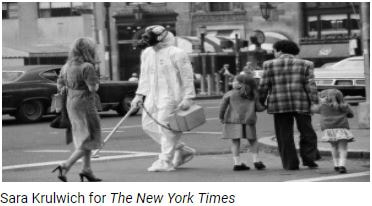 Throughout the year, Mrs. Mueller and I are often asked, “What database should I use for my research project?” Whether students are working on their I-Search project or just needing to find peer reviewed articles, JSTOR stands out as one of our favorite databases. Check out the six reasons why we recommend students use JSTOR.
0 Comments
Using books to build a community one reader at a time.
If there is one constant between the ACHS English Department and the Information and Learning Center, it is to bring their love of books and reading to students, staff, and community members. Years ago, we met and discussed various reading initiatives. As a result of our collaboration, the Sequoit Book Exchange was born. December is one of my favorite times of the year. Not only do students and staff members ask for reading recommendations for the upcoming holiday break, they request help to find the perfect book for a child, friend or family member. With the thousands of books published each year, selecting the right book for someone could seem like a daunting task. However, it is easier than you may think.
There are plenty of book lists available to narrow down your choices. As there are a variety of readers and/or age groups, I chose four book lists to share. These lists offer different ways to organize book recommendations and should meet the needs of everyone. The Antioch District Library is here to support both students and teachers through the school year. You may have heard that District 117 now has an intergovernmental agreement with the Antioch Public Library District. This agreement enables all teachers to get a library card at our library. With this card teachers can use all of the resources offered by the library. To get your card, simply email your request to [email protected] and your card will be dropped off at the school for you.
The library is looking forward to giving teachers and students access to all we have to offer! Here are just some of the online resources the library offers: Learning Resources
Research Resources
Movies and Music
E-books and E-audiobooks As some of you may know, PBS is an organization that “offers documentaries that open up new worlds, non-commercialized news programs that keep citizens informed on world events and cultures and programs that expose America to the worlds of music, theater, dance and art. It is a multi-platform media organization that serves Americans through television, mobile and connected devices and the web.”
PBS has also curated free standards-aligned videos, interactives, lesson plans, and more for Illinois teachers, which can be searched by subject, grade level, and type of resource. While all of the above content is free to educators, we have obtained a subscription to their paid content–PBS Passport. This passport offers extended access to a digital, on-demand library of more than 1,500 PBS episodes. If you’re not sure where to start, PBS has compiled some lists: comforting British dramas, seven historical dramas, favorite mysteries, MASTERPIECE staff picks, celebrating iconic women and the moms of MASTERPIECE. To access PBS Passport content, though, you will need to reach out to me for the username and password. This content can be shown in your classroom. However, due to PBS restrictions, you are not able to have each student watch it on their own device. If you have any questions regarding PBS content, please let me know. As teachers continue to use digital sources for their curriculum, Hannah and I want to remind you to keep databases in mind. We think there is no better way to look for articles than to use the state database trial that’s going on now.
One of the constants in a teacher’s life is creating lessons and updating curriculum. As we continue this important work, you may be interested to learn about Open Educational Resources (OER).
"OER are teaching, learning, and research resources that reside in the public domain or have been released under an intellectual property license that permits their free use and re-purposing by others. Open educational resources include full courses, course materials, modules, textbooks, streaming videos, tests, software, and any other tools, materials, or techniques used to support access to knowledge." (Hewlett Foundation) Often when students are doing research projects we require different types of sources. Students can struggle with knowing how to differentiate these types of sources, or struggle when to use one type of source over another. That’s where Barb and I come to help!
Imagine this teaching scenario… A student is creating a presentation about his grandparents’ home country. He wants to insert music and video clips in the presentation. The teacher tells him it’s okay as long as he cites his source. Was the teacher right?
“How do you make sense of what you see when you look at an image, especially if that image comes with no caption, headline, links or other clues about its origins? What can constructing meaning from an image teach you?” – The New York Times
|
AuthorsBarbara Mason AboutThe ILC blog keeps Antioch students and staff up to date with news and events related to reading, research, technology, and more.
Categories
All
Archives
January 2024
Ideas?Contact me at [email protected] with topic suggestions or to contribute your own post to the ILC blog.
|



 RSS Feed
RSS Feed
